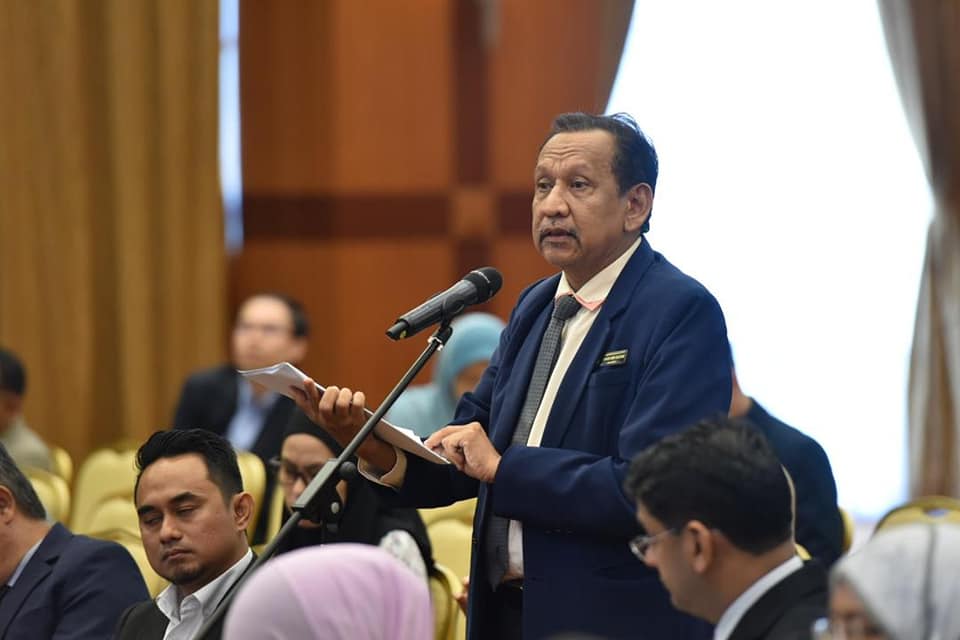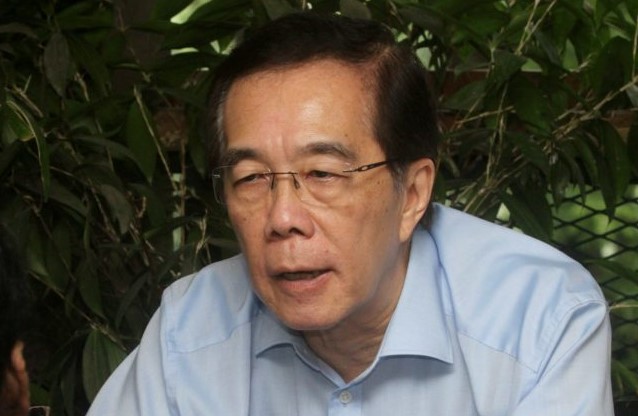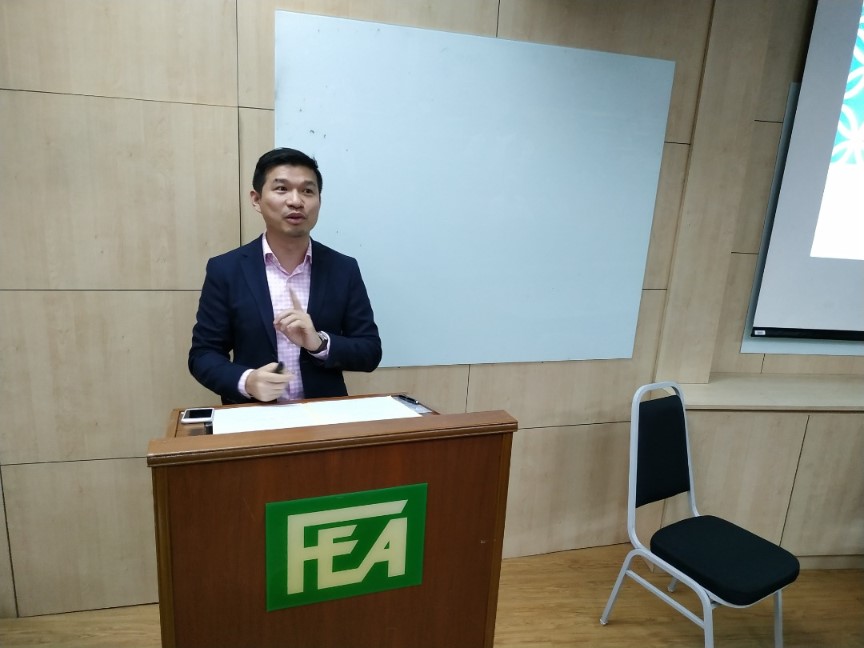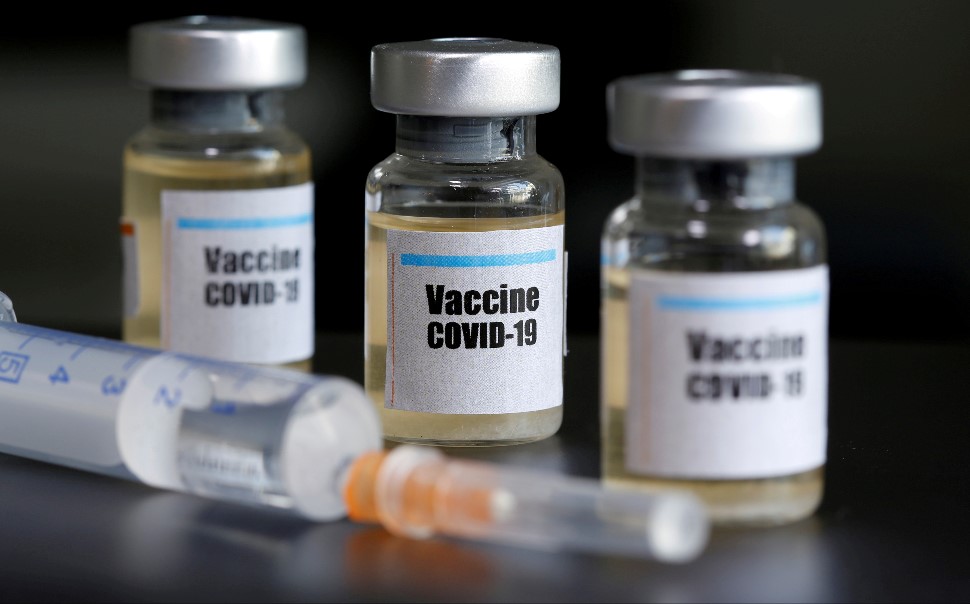KUALA LUMPUR, Sept 15 — Health experts have urged the Malaysian government to join the global COVAX Covid-19 vaccine access plan, before its September 18 deadline, to ensure Malaysia doesn’t end up last in the global race for a vaccine.
They also said making separate agreements with other countries (Malaysia is in talks with China) or gambling on certain vaccines from manufacturers was risky, as nations would prioritise their own populations first, while no Covid-19 vaccine has yet to prove its safety or effectiveness.
COVAX — coordinated by GAVI, an international vaccine alliance; the Coalition for Epidemic Preparedness (CEPI); and the World Health Organization (WHO) — is a platform that will support the research, development, and manufacturing of a wide range of Covid-19 vaccine candidates, including price negotiations. So far, 78 wealthy nations have signed up for COVAX, described by the COVAX coordinator as an “insurance policy”, the Guardian reported, in case the vaccines separately backed by these countries in other bilateral deals fail to work.
Malaysian Pharmaceutical Society (MPS) president Amrahi Buang told CodeBlue that Malaysia should be a part of the global effort and response to the Covid-19 pandemic, and consider COVAX positively, unless the government is able to come up with other solutions.
Amrahi said Health Minister Dr Adham Baba, who recently stated that Malaysia has no plans to join COVAX yet, should state the reasons for why Malaysia has no plans to do so.
“Following WHO is crucial since all this while, we are using this approach,” Amrahi said.
The president of the pharmacists group also claimed that Malaysia has the capability for the fill and finishing process of an effective vaccine through two local pharmaceutical companies, Pharmaniaga Berhad and Duopharma Biotech Berhad.
“The biggest plus point is that these facilities are halal certified and with this, we can produce halal certified vaccines to the population,” Amrahi said.

Fill-finish process is a process whereby the active agent of a pharmaceutical product is formulated or mixed into its final form (like liquid or powder) and finally, sealing into containers either refilled syringes or other delivery systems.
“Malaysia has up to September 18 to decide. This is a big decision for the rakyat and the country,” Amrahi said.
According to GAVI, 78 higher-income countries and economies have confirmed their interest in participating in the COVAX facility. Countries have until September 18 to commit to legally binding agreements to participate in COVAX. The COVAX facility will monitor the Covid-19 vaccine landscape to identify the most suitable vaccine candidate and to maximise the chance of participating countries to gain access to Covid-19 vaccines as quickly, fairly, and safely as possible.
Dr Adham told CodeBlue that Malaysia is waiting for more information on the global plan as he said that the current available information and data about the COVAX facility is still unclear, including the implementation of the COVAX facility, clinical data on the vaccine that will be developed by manufacturers, and the governance structure of the COVAX facility, among others.
COVAX Information Publicly Available

Former Malaysian Medical Association (MMA) president Dr Milton Lum stressed that the proposals and objectives of COVAX are well enunciated even on the WHO website.
“You go to the website, you can see what they are doing, and those objectives and procedures are laudable, unless you’re coming to say I don’t trust (them),” Dr Lum said, while pointing out that Malaysia should consider joining COVAX.
Dr Lum also said that it is prudent for Malaysia to express their interest in COVAX and then, to see how it goes, otherwise other countries would have jumped ahead of the queue.
“In making the decision not to participate, the Ministry of Health (MOH) has to explain why it is not participating.”
Dr Milton Lum, former president of the Malaysian Medical Association
“The public is owed an answer to why you are not joining COVAX, what alternatives are the Ministry considering. You don’t want to get in the situation where we are at the end of the vaccine [queue], but certainly be somewhere in the middle of the queue,” Dr Lum told CodeBlue.
The former MMA president also pointed out that many countries, who have already made bilateral or multilateral agreements, have also joined COVAX.
The Australian government, which has struck a deal with two Covid-19 vaccine manufacturers for a total of over 84 million doses — AstraZeneca-Oxford University and CSL Limited, an Australian based biotechnology company — has also contributed to COVAX, committing a total of AU$80 million (RM241.23 million).
The Guardian reported that the United Kingdom, which has also joined COVAX, has ordered a total of 340 million doses of potential Covid-19 vaccines from six manufacturers. The United States has ordered 800 million doses from six companies under Operation Warp Speed, with options for another 1.6 billion doses, while the European Union has reportedly entered into an agreement said to be worth €2.4 billion (RM11.8 billion) with one manufacturer.
The UK, according to the Guardian, is backing the AstraZeneca-Oxford vaccine — which has reportedly resumed its Phase 2/3 trial in the UK, four days after the study was halted when a participant from the vaccine arm of the UK trial fell seriously ill — as well as vaccines developed by BioNTech-Pfizer, Valneva, GSK-Sanofi, Novavax and Janssen. The vaccines ordered by the UK are made with four different technologies. According to Wellcome Trust, 321 potential coronavirus vaccines are in development globally, of which 32 are in clinical trials. Some are in the last stages of trials with tens of thousands of participants.
Dr Lum said it will be a difficult task for Malaysia to pick a company or a country to make a bilateral agreement with.
“You have a Russian vaccine which is being just rushed out like that, (do) you want to make an agreement with them?”
He also pointed out that considering China’s population is 1.3 billion and with over 90,000 positive Covid-19 cases, it will be difficult to rely on their vaccine as well.
“It will be political suicide for the Chinese government not to make the vaccine available for its population first.”
China’s CoronaVac vaccine developed by Sinovac Biotech is currently undergoing its Phase Three clinical trial, whereas Russia’s health ministry has registered their first vaccine Sputnik V against the novel coronavirus.
Dr Lum also said the Malaysian government should look into data and evaluations carried out independently by regulators worldwide if Malaysia were to decide on making bilateral agreements.
“The test of whether to trust the mainstream brand or not will depend on what the data shows on independent verification. You have to verify it independently, you cannot just follow what the company tells you,” Dr Lum stressed.
“If we are thinking of having bilateral agreements, I think the public should be told what and who are the bilateral agreements with.”
Dr Lum added that the coronavirus vaccine, when arrives, should be made available to health care workers in both the private and public sector who are exposed to Covid-19 in their daily undertakings.
“People who are at risk should have the priority to get the vaccine. Otherwise, you cannot expect them to take the risk,” Dr Lum added.
Malaysia’s Market Too Small For Separate Negotiations

Dr Khor Swee Kheng from the Malaysian Health Coalition (MHC), a coalition of health groups and advocates, said that the COVAX facility is currently the most promising option for countries to receive equitable access to vaccines when it is ready.
He said that Malaysia’s 30-million population is too small to have successful separate negotiations with individual vaccine companies who will want a minimum order quantity.
“Country-to-company agreements for vaccines are a new trend, but there is always an element of risk, because we won’t know which companies will be successful.”
Dr Khor Swee Kheng, Malaysian Health Coalition
On top of that, Dr Khor told CodeBlue there are currently more than 100 vaccine candidates in total, which makes it impossible to negotiate with every vaccine company, and as such, “Malaysia should avoid direct negotiations and should join COVAX.”
Dr Khor also listed the various challenges that will be seen when a vaccine arrives which includes:
- Regulatory approval
- Mass vaccination logistics
- Supply chain or cold chain
- Pharmacovigilance (science related to detection,assessment, understanding, and prevention of adverse effects or other drug related issues)
- Identity management to ensure everyone is dosed and no one receives double doses
- Fraud, tampering, theft, and black market
- Anti-vaxxers
- Interaction with other vaccination programmes
- Mutations of Covid-19 requiring multiple or different vaccines
- Impact on health systems
- Health financing for vaccination
- Unintended consequences
He stressed that Malaysia should begin conversations now about the vaccine, including the right criteria to distribute a vaccine and to decide who gets the vaccine first.
“A logistics infrastructure must be built for this to take place — i.e, ensure that remote places of Malaysia will receive the vaccine,” Dr Khor said.
Wrong Bet Can Cost Malaysian Government
Dr Sazaly Abu Bakar, director of Universiti Malaya’s Tropical Infectious Diseases Research and Education Centre, said that none of the Covid-19 candidate vaccines have completed Phase Three clinical trials.
“So, which one should the government book as a wrong bet could cost the government dearly,” he told CodeBlue.
Dr Sazaly pointed out the various factors apart from immediate safety and efficacy when picking the right vaccine, including cost effectiveness, acceptability, target population, ease of deployment, storage needs, route of delivery, and potential long-term effects.
The virologist also highlighted that since Malaysia’s Covid-19 cases are fewer than 10,000 and mortality is very low at 1.29 per cent, it doesn’t make economic sense to vaccinate 60 to 70 per cent of the population to achieve herd immunity.
Herd immunity is achieved either through vaccines or natural infection, where a large portion of a population becomes immune to a disease. As a result, the whole community becomes protected against the disease and not just those who are immune.
When asked about his opinion on why Malaysia has not joined the global COVAX plan, Dr Sazaly said that it could be due to financial reasons, besides the lack of information.
“I am not privy to the reasons, but perhaps there are constraints — financial, or not convinced with the current line of candidate vaccines?” Dr Sazaly said.








